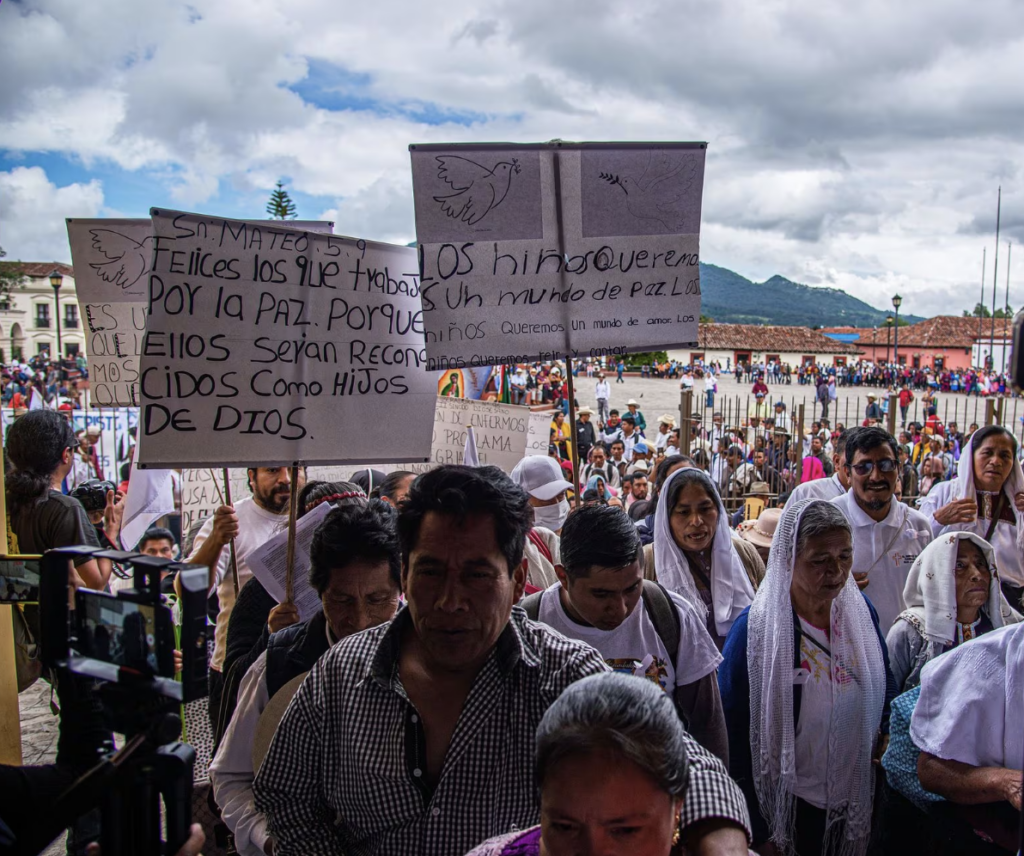President Felipe Calderón announced that he will meet with his American counterpart, President Barack Obama, this May in Washington D.C. The two are set to discuss the countries’ bilateral relations, particularly in matters regarding public security, which have received heightened attention after the attacks on three people linked to the US consulate in Ciudad Juárez on Saturday, March 13. A delegation of top US officials has arranged to go to Mexico on Tuesday March 23 for a joint, high-level conference in which they will meet with their Mexican counterparts to discuss bilateral security issues.
The US group will include Secretary of State Hillary Clinton, Secretary of Defense Robert Gates, Secretary of Homeland Security Janet Napolitano, Director of National Intelligence Dennis Blair, and other major officials. The key focus of the conference will be evaluating the Mérida Initiative and planning future security efforts between the two countries. According to the Government Accountability Office, the US has been slow to implement the security plan and that as of September 2009 (despite having appropriated over $800 million dollars for the plan) only $26 million had actually been spent and transferred to Mexican authorities. The “pace of implementation has quickened since […] September 2009,” according to a Congressional Research Service report in 2010.
Finding those responsible for the March 13 attacks in Ciudad Juárez has become the focus of law enforcement personnel on both sides of the border. On Thursday, five days after the attacks, US agencies launched Operation Knock Down (Operación Abatimiento) in El Paso, Texas. The spokesperson of the FBI office in El Paso, Andrea Simmons, explained that this is part of a “campaign to gather information about the” attacks. It is hoped that information gathered by and shared among US and Mexican law enforcement entities will help bring to justice those responsible on either side of the border. The operation involved dozens of agents from the FBI, DEA, ICE, Customs and Border Protection, and local law enforcement agencies. It resulted in the detention and interrogation of 50 to 100 members of the Barrio Azteca gang (known in Mexico as Los Aztecas, The Aztecs gang). Exact numbers have not been verified by authorities. The group’s members are suspected of being responsible for the attacks.
The gang is linked to the important Juárez Cartel in Mexico and is suspected of providing the cartel with hit men and other forms of manpower in exchange for drugs (especially cocaine) that they sell in the US, according to special agent Samantha Mikeska of the FBI. Currently, four of the group’s five leaders are in custody. One of Operation Knock Out’s objectives was to find the group’s remaining leader, Eduardo Tablas Ravelo, who made the FBI’s Top 10 Most Wanted list in 2009. The FBI has offered a $100,000 reward for information leading to his arrest.
Sources:
“El FBI y la DEA activan la Operación Abatimiento.” El Universal. Marzo 19, 2010.
“EU lanza operación relámpago en El Paso.” El Universal. Marzo 19, 2010.
“Modernizan cárteles mexicanos su flota aérea: USA Today.” Proceso. Marzo 17, 2010.
Otero, Silvia and Jorge Ramos. “Calderón se reunirá con Obama.” El Universal. Marzo 19, 2010.




